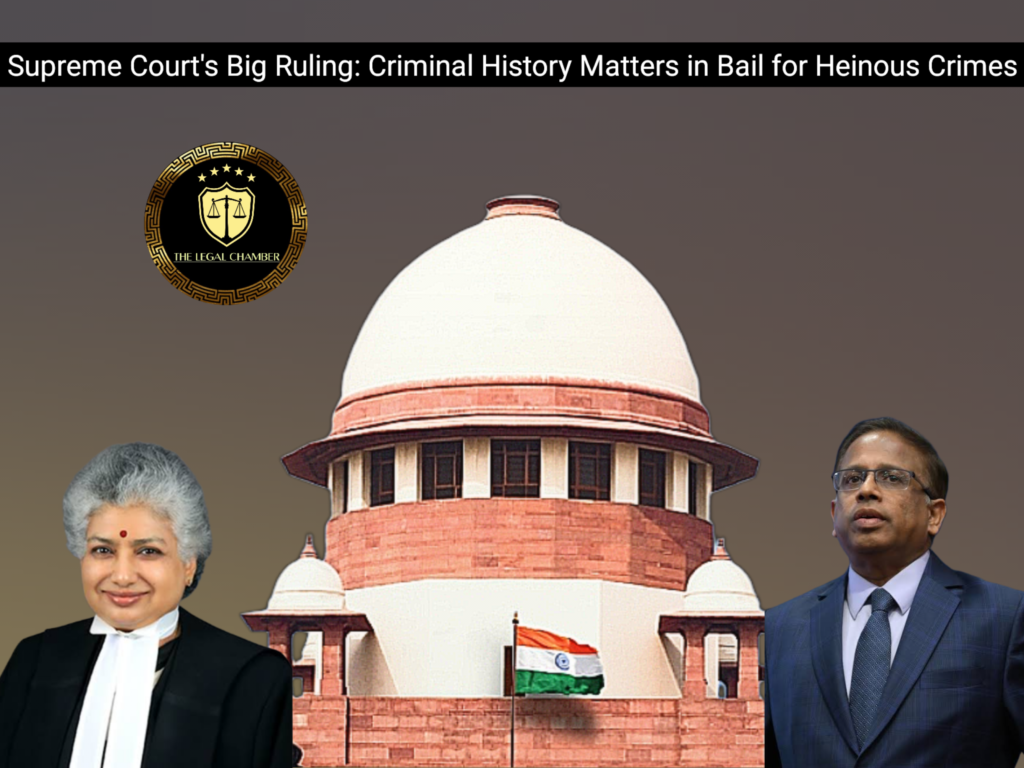
The Supreme Court overturned a bail order, ruling that the High Court failed to apply correct legal principles under Section 389 CrPC for suspending a sentence. It emphasized that post-conviction bail in heinous offences requires a palpable prima facie case for acquittal, not a re-appreciation of evidence or conjectural reasoning.
Facts Of The Case:
In a case originating from Rajasthan, the prosecutrix, a 14-year-old girl, testified that on June 13, 2023, Respondent No. 2 accosted her at gunpoint while she was defecating in a field. He covered her mouth, forcibly took her to a nearby abandoned house, and raped her. She immediately reported the incident to her family, and her father filed an FIR. The Trial Court convicted Respondent No. 2 under the POCSO Act and sentenced him to 20 years of rigorous imprisonment, relying on the consistent testimonies of the victim and her parents, and school documents proving her minority. The medical examination noted no fresh injuries but an old torn hymen, with the final opinion pending the FSL report, which was not submitted during the trial. Subsequently, the High Court suspended the sentence and granted bail, citing the lack of conclusive medical evidence, the absence of the FSL report, and expressing doubt over the prosecutrix going outdoors to toilet despite having a washroom at home. The victim’s father then appealed to the Supreme Court against this suspension of sentence.
Procedural History:
The procedural history began with the conviction and sentencing of the accused by the Special Judge (POCSO), Karauli, on February 7, 2024. Following this conviction, the accused filed an appeal (S.B. Criminal Appeal No. 397 of 2024) along with a suspension of sentence application (No. 852 of 2024) before the Rajasthan High Court. The High Court, by its order dated September 3, 2024, suspended the sentence and released the accused on bail. Aggrieved by this order, the father of the prosecutrix filed a Special Leave Petition (Crl.) No. 69 of 2025 before the Supreme Court of India. The Supreme Court granted leave, heard the appeal, and ultimately allowed it, setting aside the High Court’s bail order and directing the accused to surrender.
READ ALSO :Landmark Ruling: Supreme Court Explains How to Calculate “Just Compensation” for Accident Deaths
Court Observation:
Download The Judgement Here